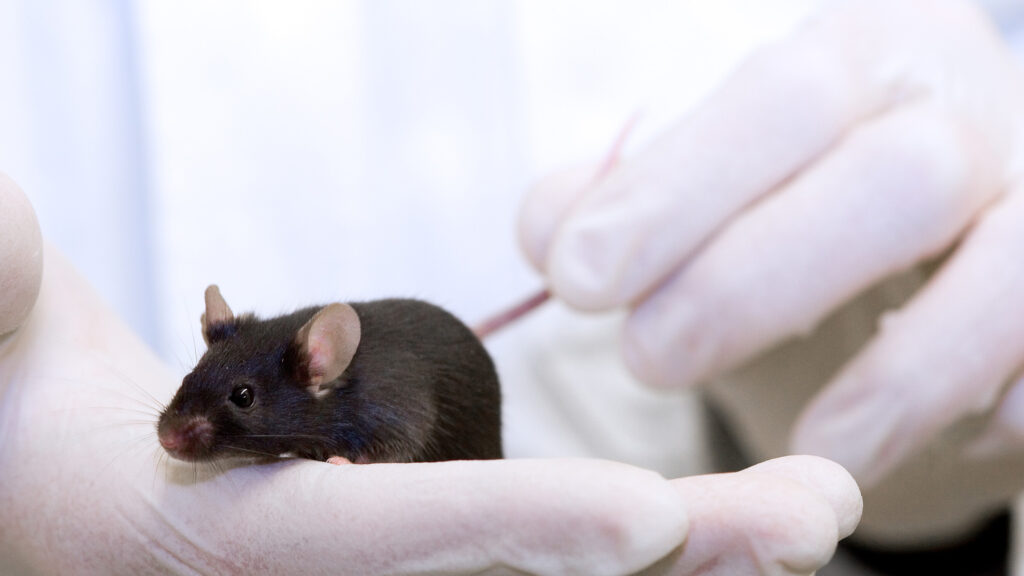[ad_1]
For social animals like humans, it’s critical to be able to recognize and react to the emotional state of others. One particularly important aspect of this ability is empathy—which, in this context, refers specifically to understanding when another person is in emotional distress.
However, individuals can respond in very different ways to seeing someone in such distress. These responses fall into two broad categories. There are prosocial responses: reaching out to the person in distress to provide care and comfort. However, there are also antisocial responses, where seeing someone in distress triggers similar distress and emotional pain in the witness, leading them to recoil from the situation to focus on their own emotions.
The nature of a person’s response is strongly influenced by their own history—and, specifically, whether they’ve had a similar experience to the one they’re witnessing. A new paper published December 12 in Nature Neuroscience explores the neurocognitive basis for how “negative self-experiences” affect responses to emotional distress in others.
The ability to recognize and react to others’ emotions is not confined to humans—many other mammals demonstrate similar facilities. However, it’s been less clear to what extent negative self-experience plays a role in other animals. The paper’s authors examined whether it affected mice’s responses to seeing others in stressful situations and found that the experience does indeed seem to have effects similar to those in humans. This suggests that empathy in humans may well have similar neurological foundations to empathy in mice.
The researchers found that on the whole, the mice that the paper refers to as “negative self-experienced”—i.e. those who had had an experience similar to the one they were witnessing—tended to display more antisocial, avoidant behavior than than “naïve” mice that had not had the same experience.
They also found that hormones and social hierarchy played a role in the effects of negative self-experience. In males, position in the social hierarchy was important; dominant male mice tended more to antisocial responses than other males. Female mice, meanwhile, were affected by estrus (heat), with those in estrus appearing to be completely unaffected by negative self-experience.
The study also investigated the neurological basis for these results. In humans, the medial prefrontal cortex (mPFC) plays an important role in moderation of stress and also in social cognition, so the researchers theorized that the same may be true for mice. To test this idea, they suppressed the activity of the mPFC in some of the mice–and specifically, a group of neurons that produce a hormone called corticotropin-releasing factor (CRF), which is known to be involved in responses to stress (the paper describes it as “a master regulator of stress-coping responses.”)
[ Related: How video game tech, AI, and computer vision help decode animal pain and behavior ]
When the researchers inhibited the functioning of these neurons, they found that these negative self-experienced mice showed an increased tendency toward prosocial responses: “[This] re-established the amount of social exploration toward stress demonstrators, which was reduced in the negative self-experienced … group.” They also found that inhibiting these neurons increased prosocial responses in “naïve” mice—i.e. those who did not have negative self-experience. Deliberately activating these cells, by contrast, had no effect on naïve mice, but increased avoidant behavior in mice with negative self-experience.
The paper concludes that in mice, the “influence of self-experience on stress emotion recognition is modulated by CRF activity in the mPFC.” Given that the similar roles that the mPFC and CRF play in humans, Federica Maltese–first author of the study–said in a statement that targeting mPFC CRF neurons might “aid clinical research in developing new targeted therapies aimed at improving the altered emotional responses observed in various psychiatric conditions.” Identifying the neurocognitive foundations of empathy could also open up new possibilities for treatment of conditions where empathy and understanding of others’ emotions are suppressed, such as PTSD, autism, and schizophrenia.
[ad_2]
Source link


